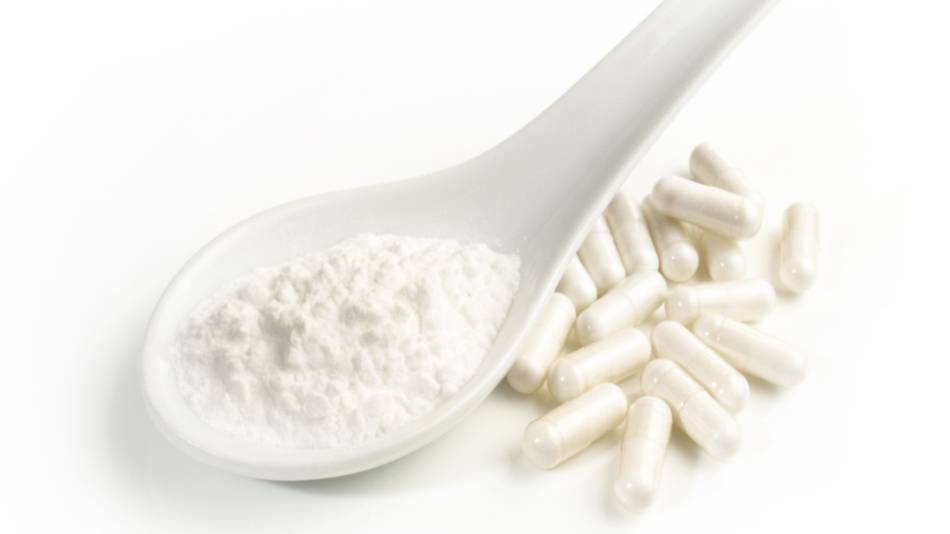
Answer:
L-carnosine, also called beta-alanyl-L-histidine, is a naturally occurring protein found in the brain and muscles. It can be obtained from meat sources (such as chicken or beef) or as a synthetic form in supplements (Roy Chengappa, Schizophr Res 2012).
Don't confuse L-carnosine with L-carnitine, which has been evaluated for different conditions (and is discussed within our Acetyl-L-Carnitine Supplements Review).
L-carnosine supplementation has been investigated for various conditions, including depression, autism spectrum disorders, diabetes and related complications, heart failure, Alzheimer's disease, and improved cognitive function among healthy adults. L-carnosine showed modest benefit for some, but not all, of these conditions, although all of the studies to date have been short-term and most have been small.
Sign in for details about the clinical evidence for L-carnosine, as well as possible safety concerns, potential drug interactions, cost, and if research supports use of beta-alanine (a constituent of L-carnosine) instead of L-carnosine for athletic performance, depression, or cognitive function.
Join today to unlock all member benefits including full access to all CL Answers and over 1,400 reviews.
Join NowAlready a member? Sign In Here.
Join now at www.consumerlab.com/join/








Submit your comment
This feature is restricted to active members.
Join now to add comments and get all member benefits, including over 1,400 reviews.
Join NowAlready a member? Sign in here.